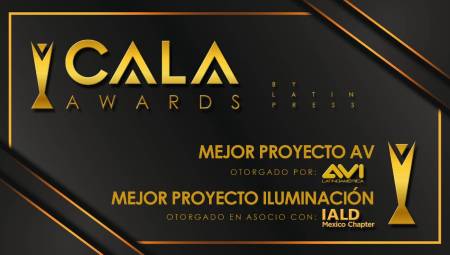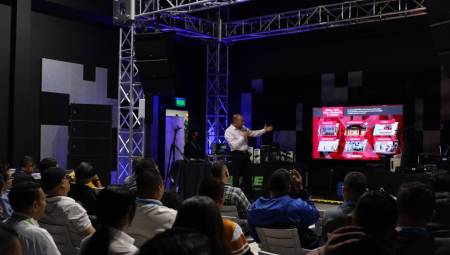 Chile. In the framework of the International Seminar Noche Zero, held in San Pedro de Atacama in recent days, 50 scientists, entrepreneurs, academics and researchers from three continents, agreed to promote a global work to reduce light pollution.
Chile. In the framework of the International Seminar Noche Zero, held in San Pedro de Atacama in recent days, 50 scientists, entrepreneurs, academics and researchers from three continents, agreed to promote a global work to reduce light pollution.
This agreement, organized by the Catholic University of the North (UCN), DIAV Chile and Light Collective of England, seeks to create networks through which experiences from all over the world in the control of light pollution, such as the regulation and responsible use of energy, are available.
In addition, it includes other aspects such as the promotion of education in these subjects, new trends in lighting design and joint work with different disciplines such as engineers, urban planners, technicians and architects.
And it is that the signatories of the agreement want to highlight the importance of this issue, because in recent years the negative effects on the metabolism of humans and some animals have increased, because light can alter natural processes of the body.
Another problem caused by light pollution is that in most large cities the inhabitants cannot see the stars at night. That is why Noche Zero aims to do a work of dissemination on the importance of preserving the skies as a heritage.
The organizers of the day stressed that San Pedro de Atacama was chosen as the venue of the meeting because it is one of the regions with the greatest opportunities to do astronomical research.















